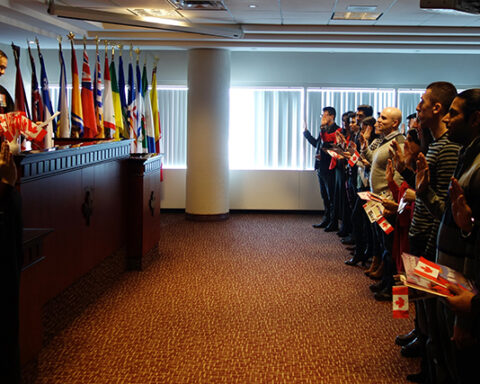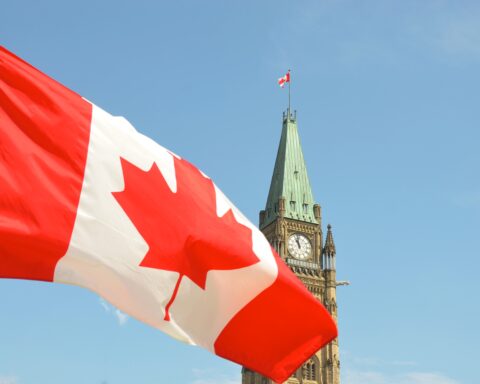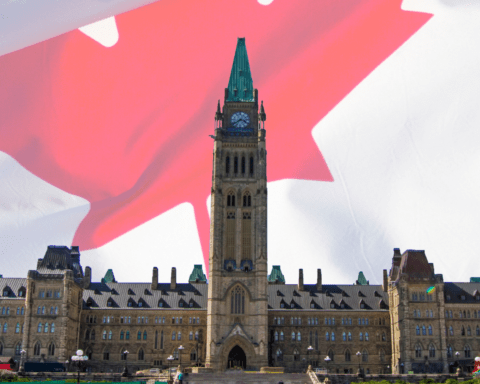![]() While last week’s U.K. election highlighted similarities between our system and Britain’s, this week marks the anniversary of Canadians setting themselves apart from the old country.
While last week’s U.K. election highlighted similarities between our system and Britain’s, this week marks the anniversary of Canadians setting themselves apart from the old country.
Sixty-nine years ago yesterday, Parliament passed the Canadian Citizenship Act.
Prior to 1947, Canadians were considered British subjects and lacked distinct citizenship. Though, Canadians had been considered a unique subset of British subjects since 1910 — other British subjects who were not residents of Canada required permission to land in the country.
Other than the short-lived Irish Free State, Canada was the first Commonwealth country to have its own nationality law. Two years after the creation of Canadian citizenship, Australia and New Zealand followed suit.
The prime minister at the time, William Lyon Mackenzie King, had spent the previous 20 years advocating for citizenship. By 1946, Canada’s participation in the two world wars had forged a uniquely Canadian identity and advanced King’s argument that Canada was a mature country with its own character worthy of recognition.
Citizen 0001
Paul Martin, Sr., who was then secretary of state for Canada (a positioned abolished in 1996), tabled the Canadian Citizenship Act 1946. The bill received first reading in the House of Commons on April 2, 1946, and passed on May 14. It took effect on January 1, 1947, and at Canada’s first citizenship ceremony two days later, King was declared ‘Citizen 0001′.
Other than the short-lived Irish Free State, Canada was the first Commonwealth country to have its own nationality law. Two years after the creation of Canadian citizenship, Australia and New Zealand followed suit.
But Canadian citizenship was not immediately a universal honour. First Nations were not considered Canadian citizens until 1956, and Inuit had to wait until 1960 for recognition.
Published in partnership with iPolitics.ca.




